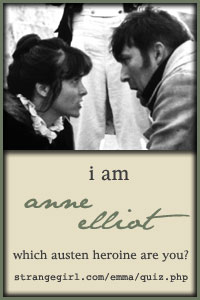Passover
This poem by my newly discovered writer friend (if I’m not being too presumptuous, feeling such an affinity with her) makes me think of Sue Bender’s wonderful book, Everyday Sacred, and the begging bowls she writes about, her description of a “strikingly handsome Japanese tea bowl that had been broken and pieced together. The image of that bowl made a lasting impression. Instead of trying to hide the flaws, the cracks were emphasized—filled with silver. The bowl was even more precious after it had been mended.”"Art is what remains when the pot is broken."—Chinese proverbI know we are bound to the earth,and the cracked heart, old terra cotta,surrenders to vine.Listen—I've seenwind stir the hair of the dead at Belsen,growing like art from the lacing grass;what is terrible, even, rises.The ruined pot dreams of ignition,each molecule coddles its flame.Enough alphabet for a torahsits on the tongue. And all shardsfrom the winds' end gather again.I know we are bound to the earthby desire's green threador the milk snake's slippery pass.Hepatica splits now from its leaf-wing.Out of the vessel's wreck,inwardness forms on the airand that ghost tenderly entersthe soul of some mortal thing.—Mary Rose O’Reilley
I am thinking of
flawed things today, lives with cracks in them, or clean bowls splashed with blue, and feeling against cold logic
that the flaws and cracks and splashes only improve them, over time. That is my optimism for the new month,
for the year of the snake (slipping so easily between all cracks).
bowl with blue splashes, Haa900
.jpg)









































